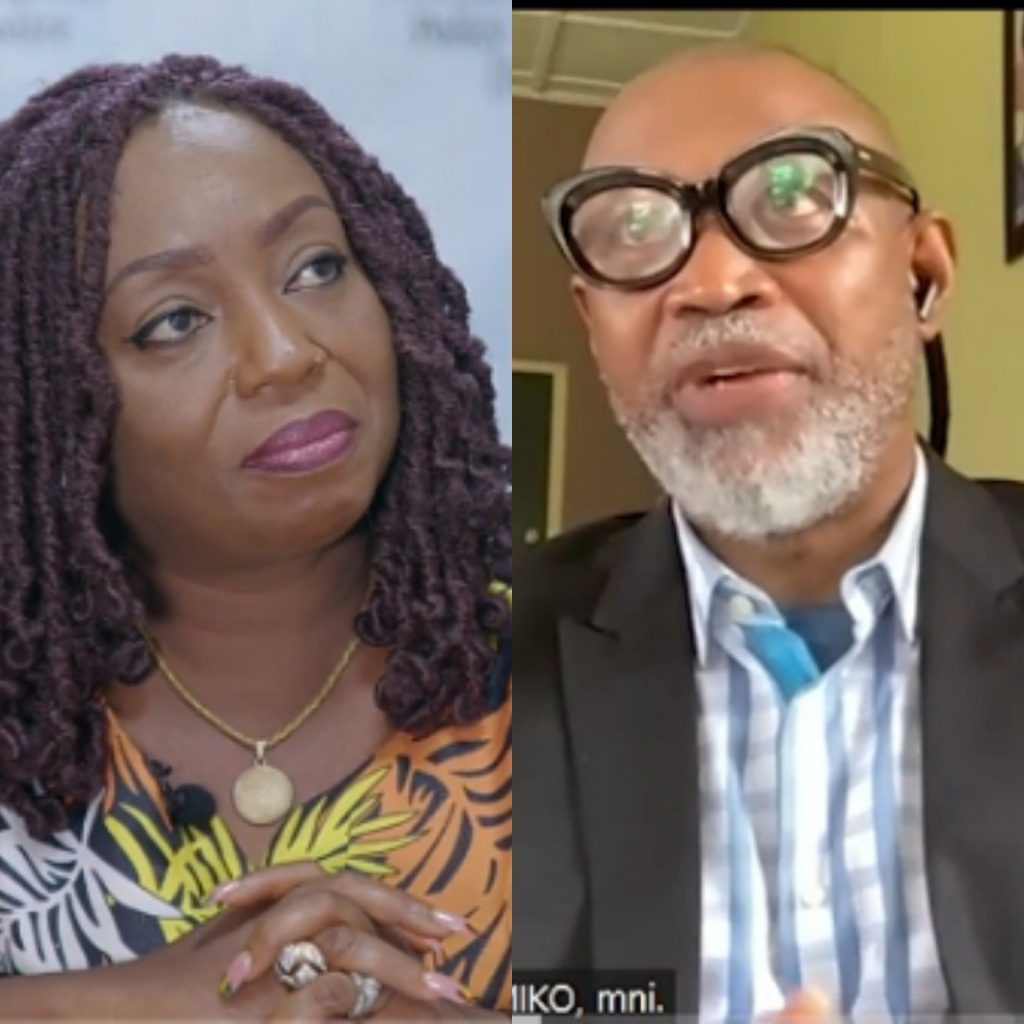
By Boluwatife Adedokun, Akungba Akoko
Professor Olufemi Mimiko, the former Vice Chancellor of Adekunle Ajasin University, Akungba Akoko, has attributed the phenomenon of brain drain to the poor handling of education, issues of policy, funding, and implementation.
The University Don stated this in an interview with Lydia Odijio-Ochi on NIPPS Policy TV (NIPTV).

Prof. Mimiko pointed out that only a quarter of students taking JAMB examinations are admitted to universities each year, stating that there’s a long road ahead.
When asked about his view on Nigeria’s national policy on education, Mimiko noted, “the national policy of education advertises universal education, but 63 years on, we still have not been able to deliver on that very impressive vision.”
He described the staggering number of 20 million Nigerian children who are out of school, as a “national embarrassment.”
Speaking about the gap between educational output and industry requirements, the Professor of Political Science stressed that there’s a significant skill gap that remains unaddressed.
He argued that as economic opportunities diminish, young Nigerians are seeking better prospects abroad.
“Political prioritization and will are key factors, as no country has transitioned successfully without prioritizing education.”
Professor Mimiko’s assessment of the allocation of funding to the education sector was also discussed during the interview.
“Nigeria has consistently given its education system less than 10 percent of the federal budget,” he emphasized, adding that this falls far short of international recommendations. He called for a more substantial allocation of resources to education.
The discussion also touched on the urgent need for a comprehensive reform of Nigeria’s education policy.
Professor Mimiko strongly endorsed an update to the 2014 policy, focusing on getting more children into school and emphasizing critical thinking, technology integration, and the triple helix model, linking government, research institutes, and industry.
Professor Mimiko attributed the challenges in Nigeria’s education sector to a lack of political prioritization.
He expressed hope that the current leadership could be persuaded to allocate more funds to education and prioritize it appropriately.
In response to holding education policy implementers accountable, Professor Mimiko called for the reinstatement of robust monitoring schemes, prioritized teachers training, and improved teacher’s remuneration.
He made reference to the success of countries like South Korea, where teaching is the most preferred profession.
[widget id="media_image-16"]













